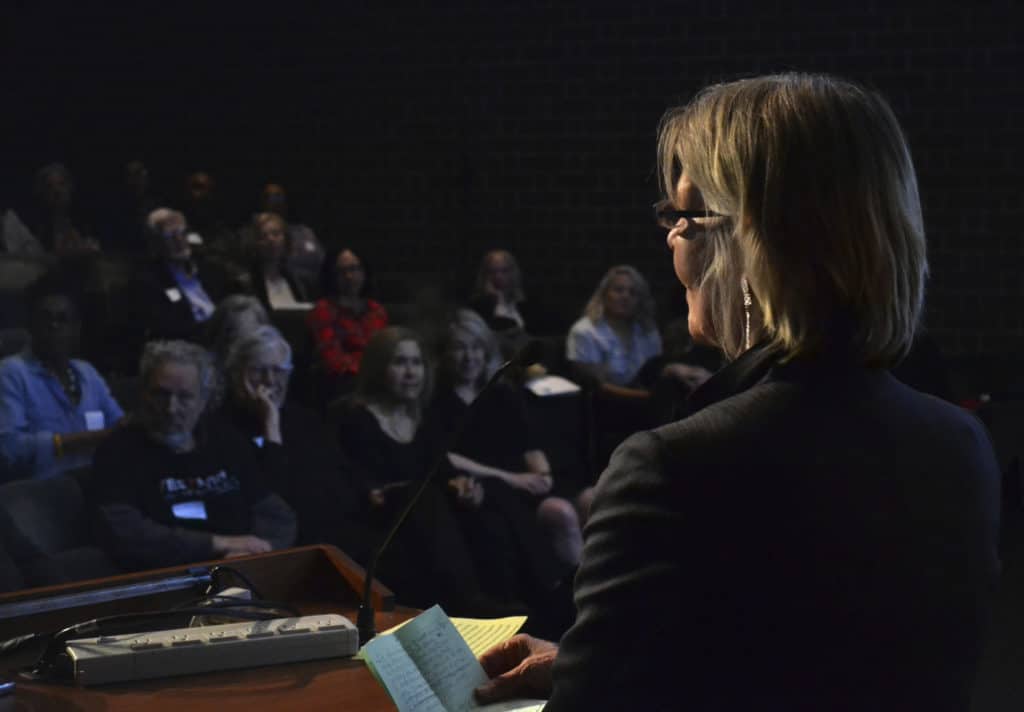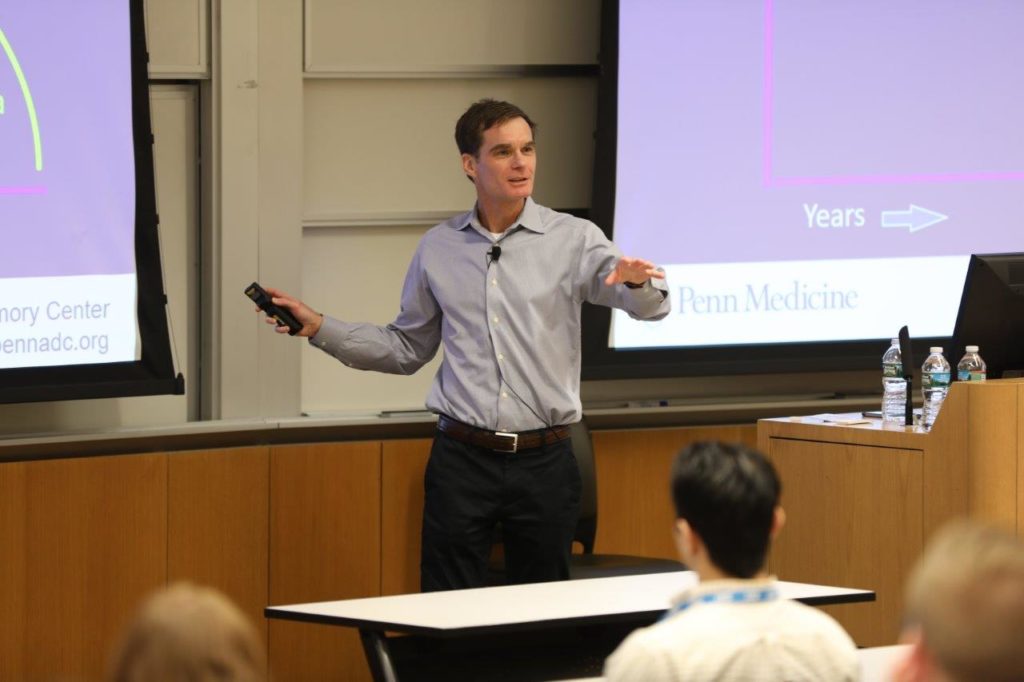by Puja Upadhyay
Leonard Davis Institute of Health Economics

Jason Karlawish, MD is Co-Director of the Penn Memory Center; Allison Hoffman, JD is a Professor of Law at Penn.
In the not-too-distant future, individuals may be able to learn their risk of developing Alzheimer’s disease through biomarkers – measures of disease activity – detected up to 20 years before symptoms present. This information would allow individuals (and their loved ones) to prepare for future cognitive and functional decline, but it also has implications for the purchase of private long-term care insurance. In the Journal of Law, Medicine, & Ethics, Jalayne Arias, Jason Karlawish, and colleagues analyze whether, under current state laws, insurers could use biomarkers to deny coverage; in a companion commentary, Allison Hoffman places these findings in a larger context of a failing private market for long-term care insurance, and uses the study to make a case for social insurance for long-term care (LTC).
Individuals with Alzheimer’s disease and related dementias are among the most intensive users of long-term services and supports (LTSS) that help with “activities of daily living,” such as eating or bathing. These services are not considered “medical care” as defined in federal legislation regulating health plans; instead, they are regulated by the states. Medicare and private health insurance do not cover most LTSS, except in limited ways after hospitalization. LTSS are financed primarily by Medicaid (62 percent), individual out of pocket spending (22 percent), and private LTC insurance (12 percent).









